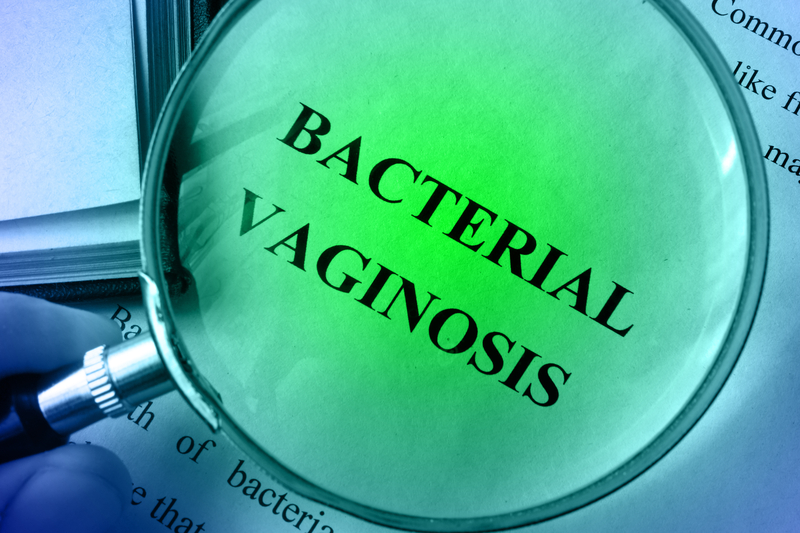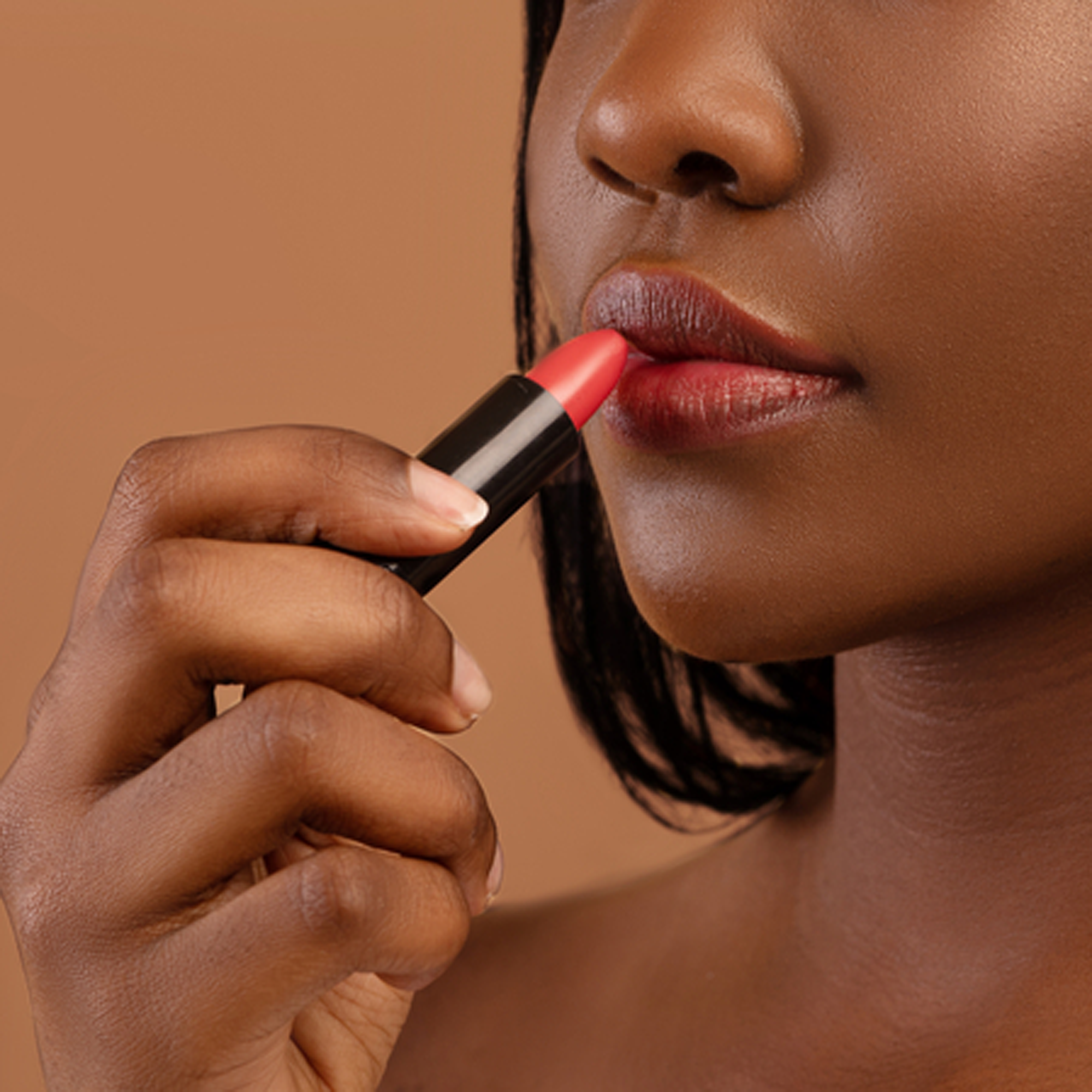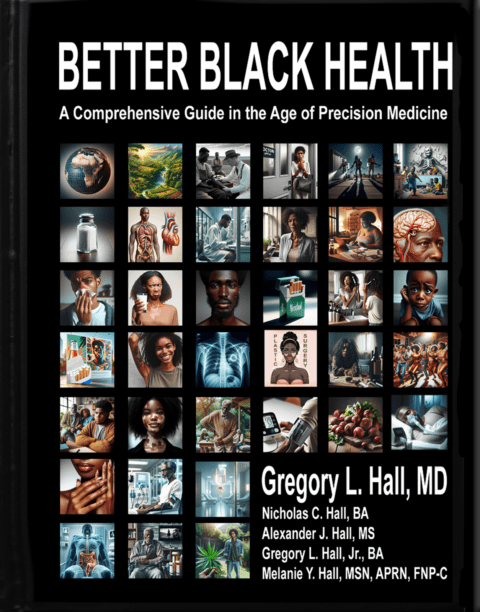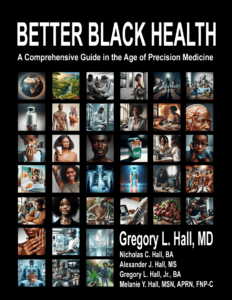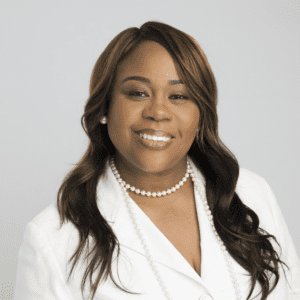Bacterial Vaginitis is NOT an STD
Bacterial vaginitis (BV) is an imbalance of the bacteria that normally inhabit the vagina. A third of US women overall have had “BV”. Unfortunately, African American women have the highest occurrence of BV at just over 50% of all women of childbearing age. BV is NOT a traditional sexually transmitted disease (STD) but BV does increase in women with a higher number of sexual partners and when not using condoms. Getting BV also puts women at an increased risk of catching an STD. The chemical imbalance inherent in bacterial vaginitis increases a woman’s risk of catching gonorrhea, chlamydia, herpes, and HIV. BV can also lead to endometritis, urinary tract infections, pelvic inflammatory disease (PID), and preterm (premature) labor and delivery.

Vitamin D and Zinc Deficiency
Vitamin D deficiency, which is widespread in African Americans, has been linked to the high rates of bacterial vaginitis and is an easy and healthy treatment. Zinc deficiency has also been associated with BV. Regular multivitamins don’t have a sufficient amount of vitamin D or zinc for African Americans. Only GNetX Sequence Multivitamins for Women has the correct amount.
When to suspect Bacterial Vaginitis?
Something “Fishy” is Going On!
Bacterial vaginitis is relatively easy to identify. It has a characteristic “fishy odor” associated with an increase in a white or gray discharge. The fishy odor is particularly noticeable after sex. It can start slowly, and progress as the harmful bacteria increase in number. Most women report no symptoms beyond the smell. The increase in bacteria is related to the acid-base status of the vagina. In other words, the vagina has a set acid-base status (also called a pH) that is ideal for health. It tends to be on the acidic side (pH of 4 to 5). One common cause of raising the pH of the vagina is douching.
No Douching
Douching, or “rinsing out the vagina” is strongly discouraged and can easily disrupt the vaginal pH and normal bacteria. When the vagina becomes less acidic, other bacteria thrive, and everything is thrown off. Then comes the fishy odor. Ironically, sometimes women smell the fishy odor, and then douche in order to clean the odor out, but that makes the situation worse. As the infection progresses, women may have pain, burning, and itching.

Isn’t Bacteria a Bad Thing?
Bacteria is not always a bad thing. Humans have normal bacteria in our digestive system that help digest the food we eat. Imbalances in gut bacteria can give us diarrhea, abdominal pain, bleeding, and more. A woman’s vagina is also populated with bacteria that keep the environment regular and functioning properly.
As crazy as it may sound, researchers have found that African American women’s vaginal microflora, or the predominant bacteria in their vagina, is somewhat different from the bacteria in white women’s vaginas. The different bacteria provide a different vaginal pH that may be causing increased problems with bacterial vaginitis particularly in Black women.
Bacterial Vaginitis, Herpes Simplex & Vitamin D Deficiency
Recent studies have shown a higher incidence of BV and HIV infection among women with vitamin D deficiency. It is well known that African American women are very prone to having vitamin D deficiencies. Another study showed an increased risk for BV in pregnant Black women with low vitamin D levels.

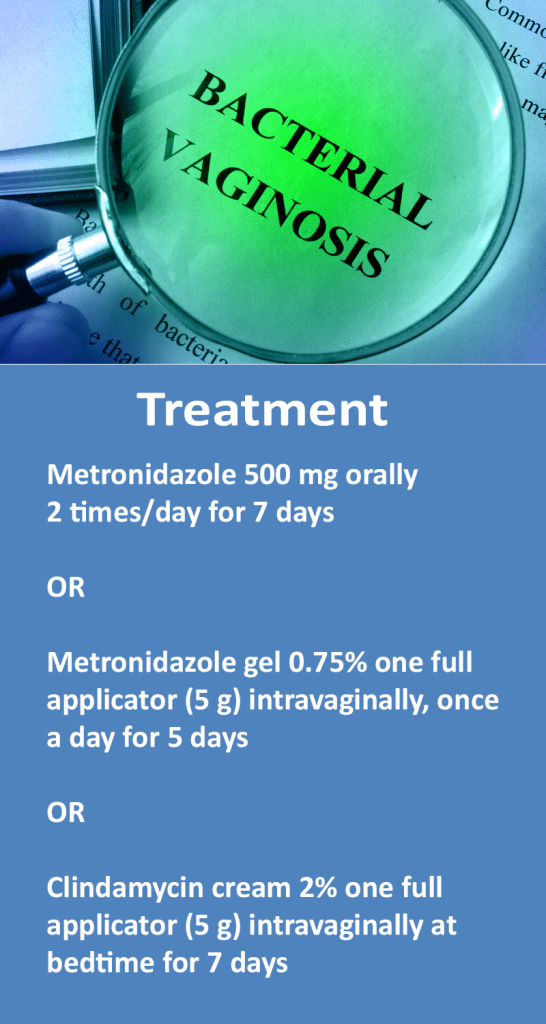
Research has clearly shown that people with poor nutrition tend to have more infections overall. Recently, poor nutrition has been added to the list of risk factors for bacterial vaginitis . Women appear more likely to get bacterial vaginosis if they have lower circulating levels of nutrients like vitamin D, vitamin C, zinc, and beta carotene in their bloodstream—indicating a lower intake of fruits and vegetables.
“You Are What You Eat”
The old saying “you are what you eat” is more accurate than many of us thought. A recent study tracked the diets of 151 normal women and compared them to the diets of another 144 women with a history of BV. The results showed that women with “unhealthy diets” had the highest rate of bacterial vaginitis.
Having the proper amount of vitamins and minerals in the body, through having a diet that is rich in fresh fruits and vegetables, is critical to maintaining a healthy immune system. As for bacterial vaginitis, researchers believe that poor nutrition and vitamin deficiencies are critical factors.

GNetX Sequence Multivitamins for African American Women
GNetX Sequence Multivitamins were formulated to help correct the many deficiencies seen in Black women including vitamin D, zinc, and vitamin C deficiencies. Most multivitamins were made to address the nutritional needs of White Americans, research has confirmed that Black Americans have unique needs not satisfied by these products.
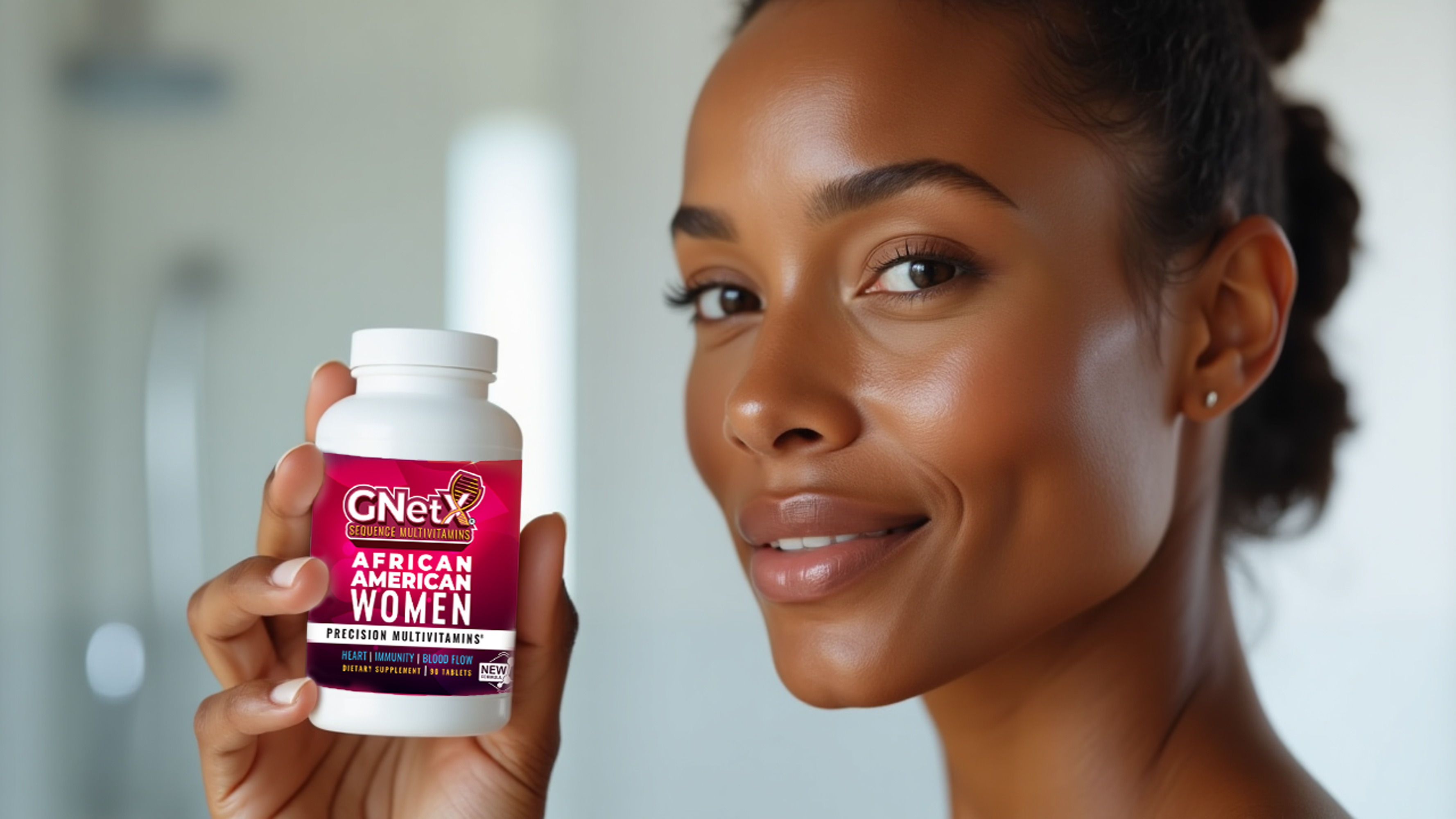
Having a diet rich in fresh fruits and vegetables is key to preventing infections and imbalances in your body. Taking GNetX Sequence Multivitamins for African Americans once daily is a great way to quickly improve any nutritional deficiencies.
